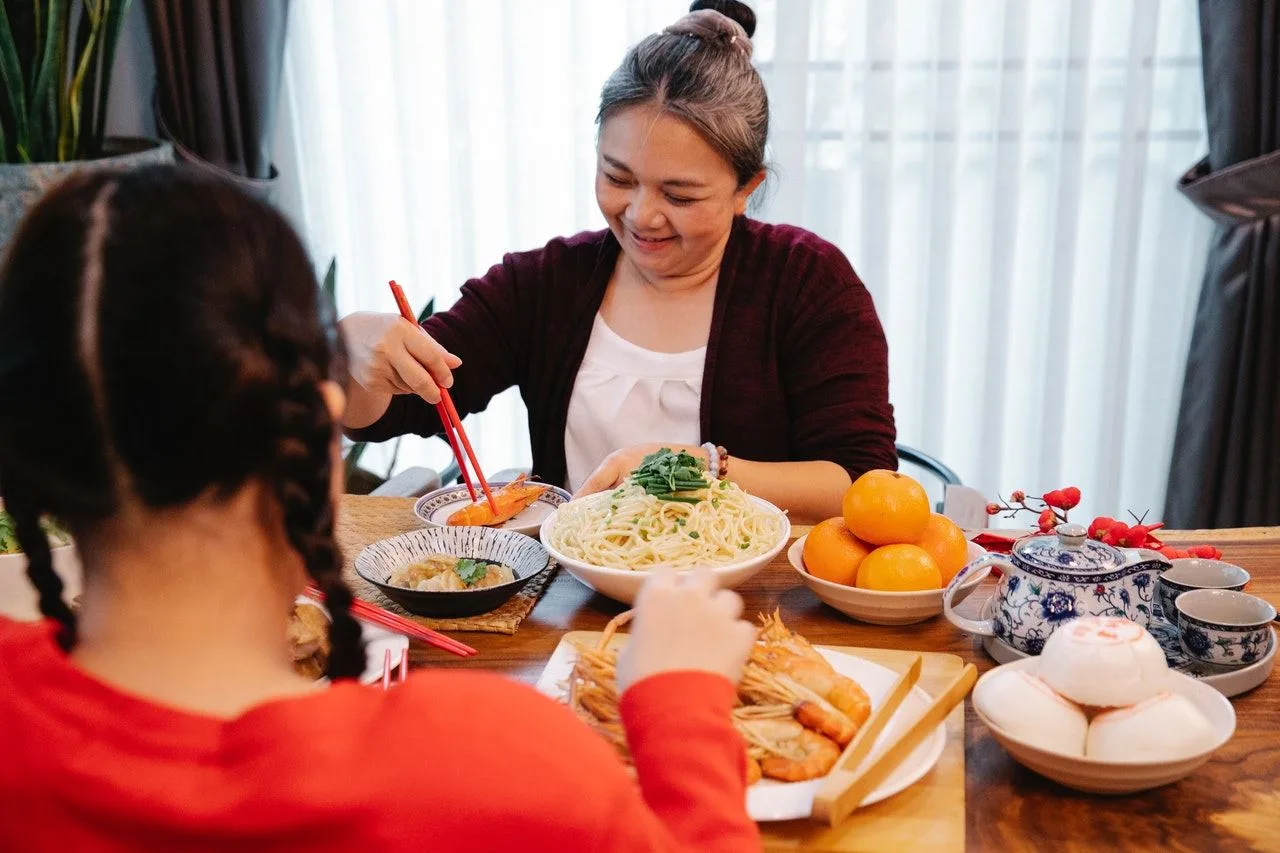A healthy diet isn’t one-size-fits-all. Different body types, health conditions, and lifestyles mean that a well-balanced diet will be a bit different for everyone. Someone who’s on their feet or doing physical labor all day will need more calories and different types of food than someone who’s mostly in an office.
But it’s not just lifestyle that makes a difference. Aging will also change what healthy eating looks like for you. Seniors’ dietary needs aren’t the same as a younger person’s needs. That may mean that as you get older, you need to change well-entrenched eating habits.
It’s not easy to change what you’ve gotten used to, especially when it comes to food. But healthy eating for seniors can mean:
- Lower risk for chronic health conditions such as diabetes and heart disease;
- Feeling more energized;
- Preventing muscle and bone loss, which can reduce the risk of a falling injury or broken bones.
However, changes that come with aging can also make healthy eating more of a challenge. You may experience a reduced appetite, reduced sense of smell or taste, and it may be harder for you to get to the grocery store or prepare food on your own.

Photo by Teona Swift from Pexels
Senior Living Makes Healthy Eating Easier
If grocery shopping or cooking are obstacles to your healthy eating, senior living can help you maintain an independent lifestyle and improve your quality of life.
In a retirement suite, you maintain your independence, but there’s a dining room where meals are served to residents, and laundry and cleaning services may also be available. It’s not assisted living, but it can ease some of the obstacles that reduce quality of life and take a lot off of your mind.
Even the act of eating with others can make a huge difference to your quality of life. The company and conversation can make meals a more enjoyable experience.
How Do Seniors’ Nutritional Needs Change?
As you get older, you become more likely to eat less due to decreased appetite, and that will change what you should be eating. Here are some of the ways you may want to adjust your diet:

Photo by Angela Roma from Pexels
- Eating more vitamin- and mineral-rich foods. It’s typically better to get vitamins from the food you eat rather than a pill. Nutrient-dense foods are also richer in fiber and help in other ways.
- Whole grains can improve digestion and help with digestive issues.
- Healthy fats, which include vegetable oils, nuts, and fish. Think of things like avocados or fatty fish like salmon, herring, and mackerel.
- Eating vegetables raw, as raw vegetables maintain more of their nutritional value than cooked. Steamed vegetables will also work, but raw packs the biggest punch.
- Vitamin B-rich foods like spinach, red meat, eggs, nuts, and leafy greens.
- Drinking more water, which seniors may need to do consciously, as their response to thirst isn’t as acute.
Diet is an integral part of senior health. As your needs change with age, make sure you do what it takes to keep up.



![women [longevity live]](https://longevitylive.com/wp-content/uploads/2020/01/photo-of-women-walking-down-the-street-1116984-100x100.jpg)










